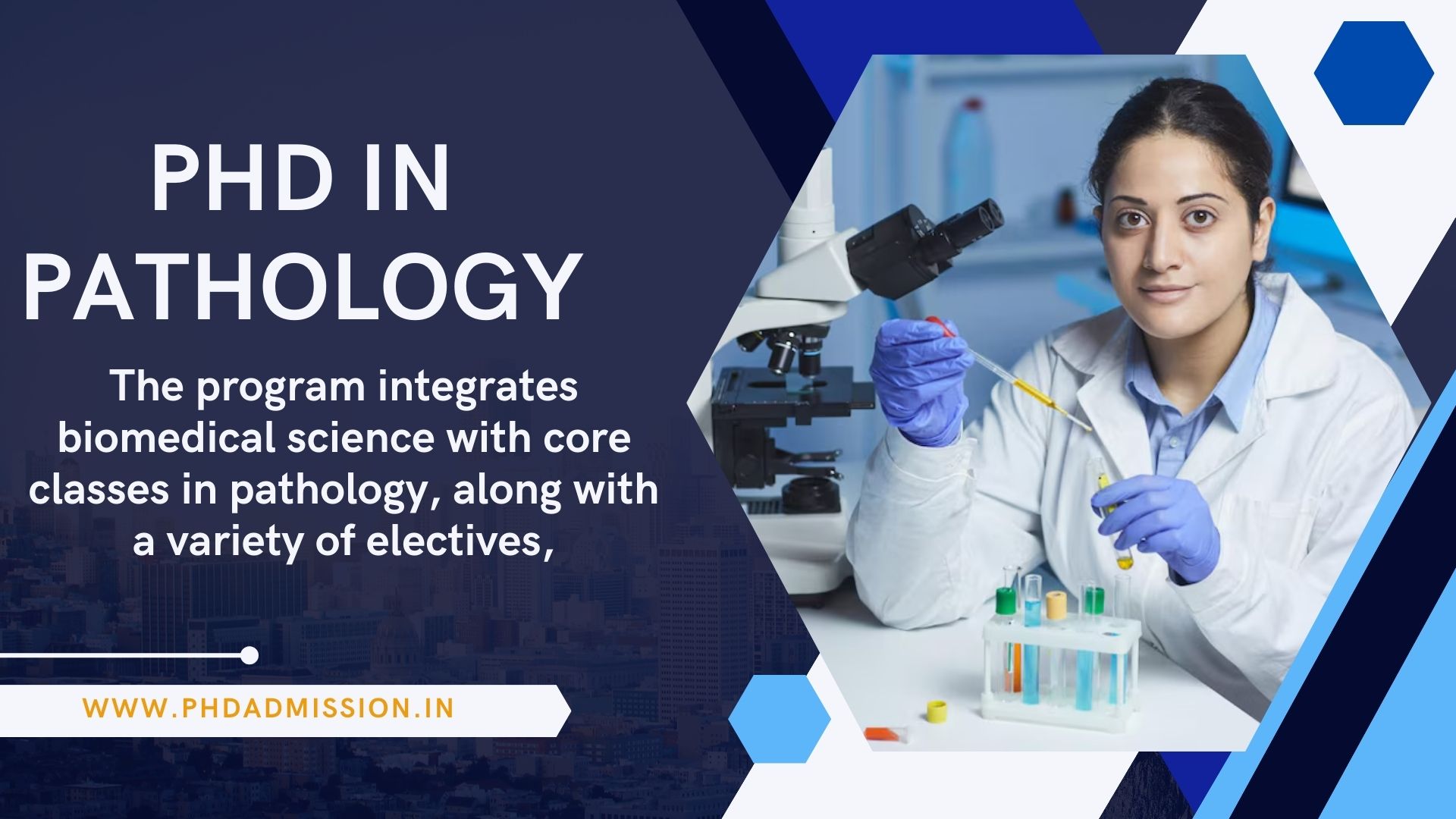Everything about PhD in Radiology
A PhD in radiology is a research-based advance degree that prepares students for careers in health care. A PhD in radiology provides an understanding of the structure and function of the human body at the molecular, cellular, tissue and organ levels.
The focus is on the biology of diseases and conditions such as cancer and heart disease. The program also teaches students about their bodies’ signals that are used to detect changes in their health. Students learn how to interpret those signals and do treatment on them.
Table Of Content
Radiology is the branch of medicine that deals with imaging. Radiology PhD can pursue research in a number of different areas, including:
- Factor analysis
- Feature extraction
- Clustering methods and pattern recognition
- Signal processing methods for medical imaging data (such as ultrasound, nuclear medicine and X-ay
What is Radiology?
Radiology is a branch of medicine that uses imaging to diagnose disease. It’s also known as nuclear medicine and diagnostic radiology.
Radiology is a specialty of Medicine (Medical specialty), which means it’s an area within health care that has its own unique expertise, like cardiology or gastroenterology—but unlike those other specialties, radiologists specialize in using imaging technology (like x-rays) to look inside patients’ bodies and find things like tumors or bleeding vessels.
The definition of “radiologist” varies depending on where you’re going.
Research areas for a Radiology PhD
There are many different research areas that you can do in a PhD, but it’s important to know what will suit your interests and background as well. Here are some of the most common ones:
- Imaging studies (e.g., PET scanning)
- Radiation biology and physics (e.g., radiation dose assessment)
- Nuclear medicine technology (e.g., nuclear medicine devices)
- Radiation Oncology: Radiation Oncology is the study of cancer using radiation. Radiation oncologists diagnose and treat cancer by using radiation therapy to kill cancer cells. Radiation oncologists also use other treatments such as chemotherapy to help fight cancer cells.
- Medical Imaging: Medical imaging involves the use of X-rays, computerized tomography (CT) scans and magnetic resonance imaging (MRI) to obtain images of a patient’s body or internal organs. These images are used by physicians to diagnose or assess the status of their patients’ bodies.
- Neuroanatomy: Neuroanatomy is the field that studies how the nervous system works at a microscopic level to understand how it controls body functions such as breathing, heart rate, and appetite.
- Cardiovascular Imaging: Cardiovascular imaging is used to diagnose problems related to blood flow through arteries and veins including heart failure, heart attack, stroke, pulmonary embolism and others.
- Neurophysiology: Neurophysiology studies the communication between nerve cells within the body’s central nervous system (CNS). It also includes research on disorders of CNS function such as epilepsy.
Is a PhD in Radiology worth it?

A PhD in radiology is a good option if you want to become a professor. The job market for associate professors is competitive, and many are hired in these universities by more prestigious institutions. Some crucial positions include:
- Research Scientist
- Clinical Investigator or Researcher
- Academic Research Associate or Associate Professor (with tenure)
Career prospects for a PhD in Radiology?
A PhD in radiology can lead to many different careers. The most common are:
- Research
- Teaching
- Clinical practice (i.e., clinical work in hospitals)
These are the most common paths, but not all PhDs will pursue one of these options. Some choose to go into medical administration or medical writing or editing instead. Others might just want a career outside of academia and pursue other opportunities such as medical communications or publishing instead of teaching at their university’s department level.*
Advantages of a Radiology Degree
- If you want to study medical imaging, a PhD in radiology will be helpful. A PhD in radiology will help you understand and study the anatomy and physiology behind medical imaging. It also helps you understand how medical imaging works.
- You may be able to use these skills when doing your research or working with other people who work on similar projects as well
- If you are interested in a PhD in radiology or want to know more about the career options, then it is important to choose a good university and obtain excellent results.
- And if you feel that the number of students who apply for PhD positions is limited, then this could be an opportunity for you.
Challenges for a Radiology Degree
- The Radiology degree program is a challenging one. It’s not just about science, but also about the life skills you need to be successful in this field.
- The Radiology program requires a high level of commitment from both students and faculty members because it can take many years to complete. However, once you begin your studies, you will find that there are many benefits associated with this specialized degree program.
- You’ll need a strong support system if you want to succeed professionally. Radiologists often work long hours and travel extensively throughout the year because they spend so much time with patients at hospitals or clinics where they work.
- You also need to learn how to study well if you want success as a radiologist. You will need strong math skills as well as knowledge about anatomy, physics, chemistry and biology for your body of knowledge to be complete when it comes to time for exams or board exams.

Final Thoughts
The PhD in Radiology delves around nuclear medicine and diagnostic radiology. If you’re seeking to enhance your skills and grow, then a PhD in radiology is the best course you can undertake for pursuing higher and advanced studies.

























